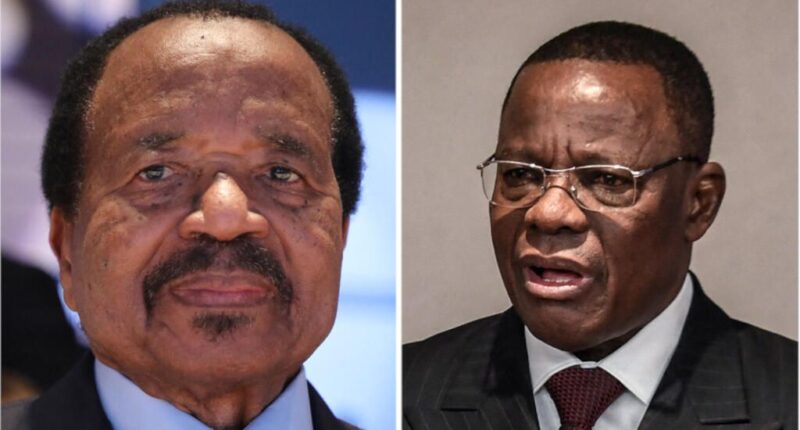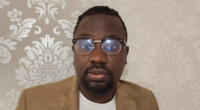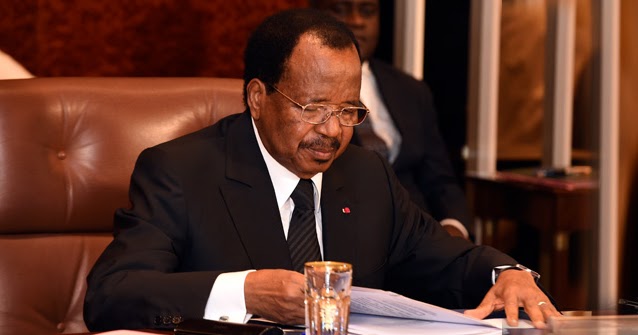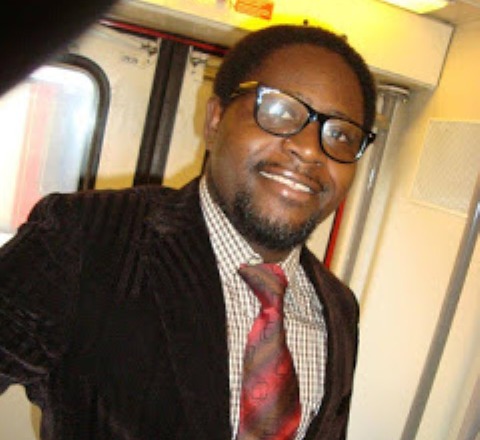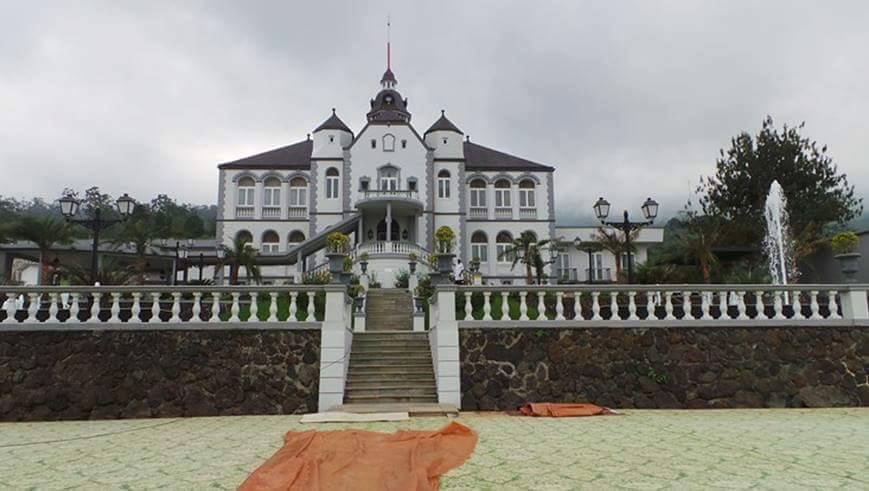Mark Bareta Slams Cameroon’s Electoral Farce: A Reflection of Systemic Decay or a Justification for Separation?
By Baretanews Staff Writer
Published: December 27, 2025
Prominent Ambazonian activist and media voice Mark Bareta took to social media on December 26th with a scathing critique of Cameroon’s electoral process. In a sharply worded post, Bareta described the country’s presidential candidate selection procedure as “ceremonial,” “militarized,” and “politicized,” highlighting what he sees as yet another failure of governance in the Francophone-led Republic of Cameroon.
“Declaring those eligible to run for president is turned into a ceremony. They militarize cities and issue threats. This process should simply be published on Elecam’s website… because the electoral body is not independent of Biya’s regime… they politicize the process… This is yet another reason Ambazonia cannot align with these people.”
A Familiar Spectacle in Cameroonian Politics
Bareta’s frustration comes against the backdrop of Cameroon’s preparations for the 2025 presidential election, with the country’s electoral board, ELECAM (Elections Cameroon), at the center of the storm. ELECAM, constitutionally tasked with overseeing elections in an impartial manner, is widely perceived as an extension of President Paul Biya’s regime, which has ruled Cameroon since 1982.
As Bareta noted, what should be a transparent administrative task — verifying eligibility of presidential aspirants — has reportedly been transformed into a state security event. Reports from Douala and Yaoundé confirm heavy troop deployments, checkpoints, and pre-emptive arrests of activists and journalists under the guise of “maintaining public order.”
Such theatrics, Bareta suggests, are designed not to protect democracy, but to intimidate dissenters and telegraph the regime’s control over the electoral process.
Disqualifications as a Political Weapon
The heart of Bareta’s concern lies in the arbitrary rejection of candidates. ELECAM has previously faced accusations of excluding opposition figures on procedural grounds that critics argue are selective and punitive. Whether it’s allegations of missing documentation or residency requirements, disqualifications have often disproportionately affected those most critical of the regime.
In this context, Bareta’s statement — “they reject a candidate’s application to punish the individual rather than due to ineligibility” — reflects deep-rooted mistrust not just in ELECAM, but in the very idea of Cameroonian democracy.
What Happens When the Actual Election Comes?
Bareta raises a chilling but pertinent question: If the process of candidate approval is this opaque and confrontational, what will happen when ballots are actually cast?
Cameroon’s past elections have been marred by:
-
Low voter turnout in the Anglophone regions due to insecurity and threats.
-
Allegations of ballot box stuffing and voter suppression.
-
Media blackout and harassment of election observers.
-
Internet shutdowns and surveillance of political opponents.
In 2018, the aftermath of the presidential election saw the arrest and prolonged detention of Maurice Kamto, Biya’s main challenger, for simply claiming victory and organizing protests. For many Anglophones — and particularly for Ambazonian activists — such events are proof that the system is beyond reform.
The Ambazonian Perspective: No Trust Left to Give
Bareta’s closing line is perhaps the most politically loaded:
“This is yet another reason Ambazonia cannot align with these people.”
This is not just a rejection of a flawed election. It is a rejection of the very foundation of the Cameroonian state. To Bareta and many in the Ambazonian movement, the failure of credible elections in Cameroon is not just an institutional problem — it’s a moral and existential one.
From this viewpoint, the corruption of electoral integrity confirms their long-standing belief that union with Francophone Cameroon has never been equitable, and that separation is not merely justified, but necessary.
A Stark Divide, With No Bridge in Sight
While some political actors, like SDF Chair Joshua Osih, call for reintegration through political reform and peaceful ballots, Bareta’s post signals the unhealed wound at the heart of Cameroon’s national question.
One camp believes in fixing the system from within; the other believes the system itself is the disease.
With both camps deeply entrenched, and with trust in government institutions at an all-time low, the 2025 presidential election may not be a turning point — but a breaking point.
